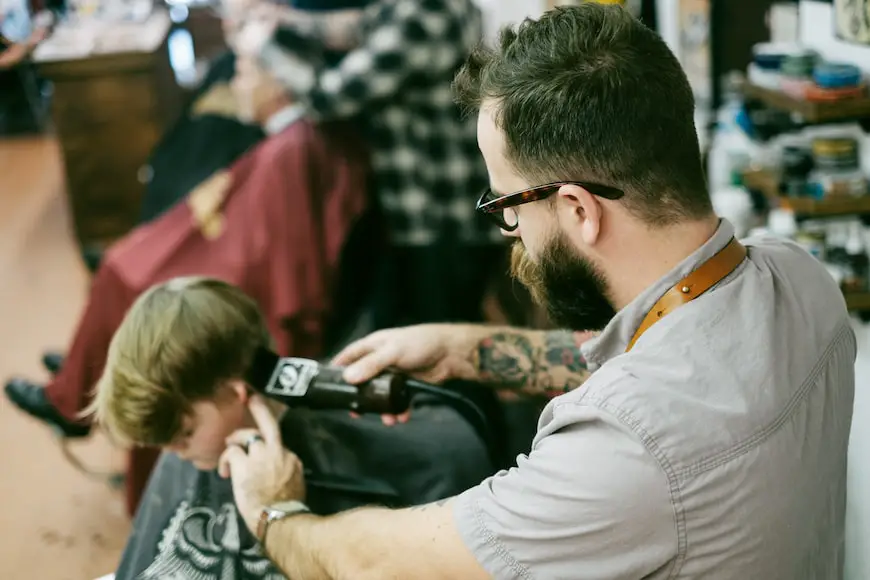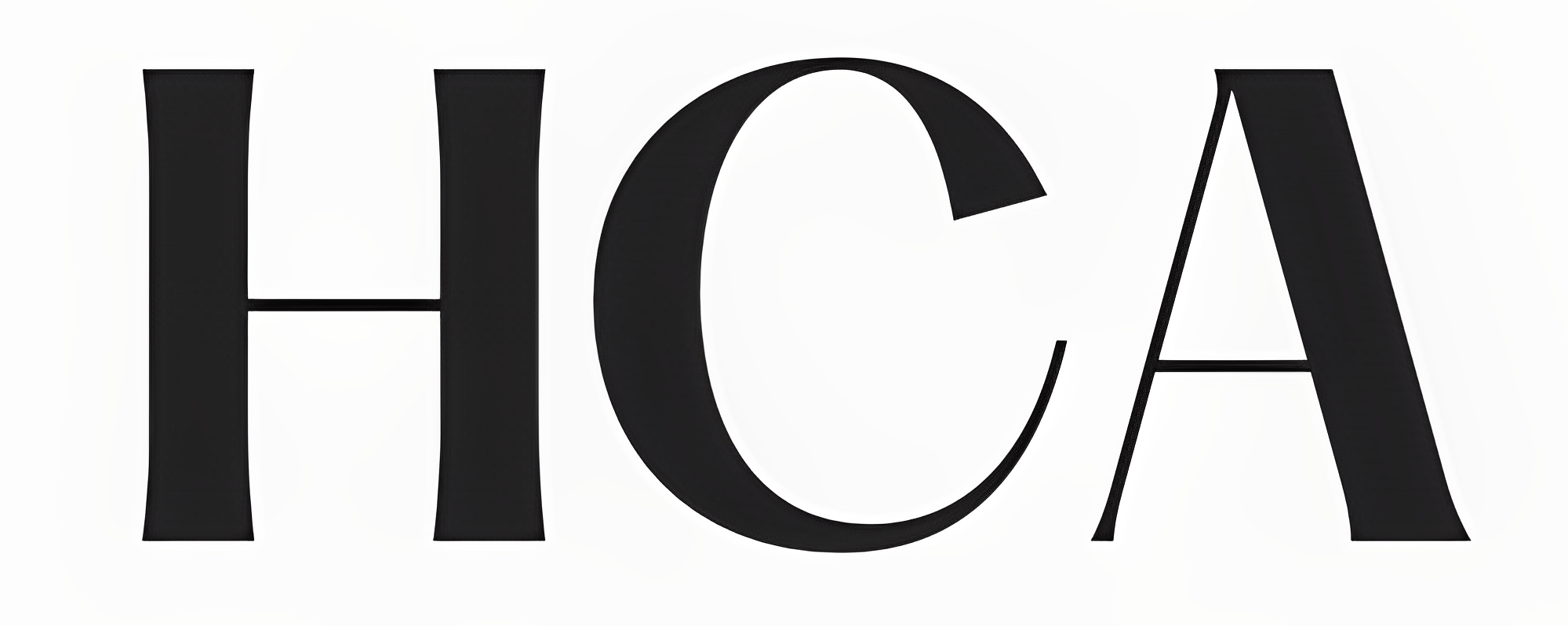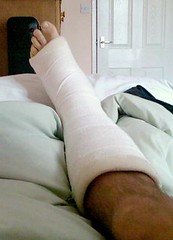Is It Illegal to Cut Children’s Hair Without Permission: Understanding the Law and Parental Rights

The question of whether it’s illegal to cut a child’s hair without permission is one that has been debated and discussed by many parents, caregivers, and even legal professionals.
In this blog post, we will explore the legality of cutting a child’s hair without permission, the potential consequences, and the rights of parents in these situations.
We’ll also discuss the use of hair cutting as a punishment and the age at which a child may have a say in their hair-related decisions.
Let’s dive into the subject and gain a better understanding of the legal aspects surrounding children’s haircuts and parental rights.
Is It Illegal to Cut Children’s Hair Without Permission
In most cases, cutting a child’s hair without permission is not considered illegal per se.
However, if the haircut is done maliciously or causes significant emotional distress to the child or the parent, it could potentially be classified as assault or harassment.
The legality of cutting a child’s hair without permission will depend on the specific circumstances and the jurisdiction in which the incident occurs.
Read Also: Is it illegal to dye children hair?
Can someone cut your child’s hair without permission?
In general, no one should cut a child’s hair without the express permission of the parent or legal guardian.
Doing so could lead to potential legal consequences, as well as damage the relationship between the child, the parent, and the person who performed the haircut.
Can you cut your kids’ hair as punishment?
Using hair cutting as a punishment is highly discouraged and can be considered abusive, especially if it causes significant emotional distress to the child.
It is essential to find alternative methods of discipline that are more constructive and less likely to harm the child’s self-esteem and emotional well-being.
Is cutting a child’s hair without permission assault?
In some cases, cutting a child’s hair without permission could be considered assault, particularly if the act is done maliciously or causes significant emotional distress.
However, the specific legal definition of assault varies from jurisdiction to jurisdiction, and whether the act constitutes assault will depend on the circumstances and the applicable laws.
Law about cutting hair
There isn’t a specific law that addresses the act of cutting a child’s hair without permission.
Instead, the legality of the situation would typically be determined based on other applicable laws, such as those related to assault, harassment, or parental rights.
Can your ex cut your child’s hair?
In situations where parents are separated or divorced, communication and mutual agreement about decisions affecting the child, including haircuts, are crucial.
If one parent cuts the child’s hair without the other parent’s permission, it could potentially lead to conflicts and legal disputes.
It is always best to consult with the other parent and reach an agreement before making any significant changes to a child’s appearance.
Age at which you cannot cut your children’s hair without permission
There isn’t a specific age at which a parent can no longer cut their child’s hair without permission.
However, as children grow older and develop a stronger sense of autonomy, it’s essential for parents to take their child’s preferences and opinions into account when making decisions about their hair and appearance.
Can Cutting Someone’s Hair Be Assault
In some jurisdictions, cutting someone’s hair without their consent can be considered assault or battery, depending on the specific circumstances and the laws in place.
Assault usually involves an intentional act that causes fear or apprehension of harmful or offensive contact, while battery refers to the actual physical contact.
In the case of cutting hair without permission, it could potentially be classified as battery since it involves unwanted physical contact that could be deemed offensive or harmful.
Moreover, cutting someone’s hair without consent might lead to a charge of Actual Bodily Harm (ABH), which is a more serious offense in some countries.
However, it’s important to note that laws and regulations vary from country to country, and what might be considered assault in one place might not be in another.
Psychology behind cutting hair without consent
Cutting hair without consent can have deep psychological implications for the person whose hair is cut. Hair is often associated with a person’s identity, self-esteem, and sense of control over their appearance.
When someone’s hair is cut without their permission, it can feel like a violation of their personal boundaries and autonomy.
This can lead to feelings of helplessness, anger, and even trauma, particularly if the haircut is drastic or unwanted.
Is cutting someone’s hair assault in India
In India, the legal definition of assault includes any act that causes a person to apprehend the use of criminal force against them.
Cutting someone’s hair without permission could potentially be considered assault if the act causes the person to fear that they will be subjected to physical harm.
However, as with any legal matter, the specific circumstances and evidence would need to be considered on a case-by-case basis.
Can you press charges on someone for cutting your child’s hair
If someone cuts your child’s hair without your permission, you might be able to press charges, depending on the specific circumstances and the laws in your jurisdiction.
In some cases, unauthorized haircuts can be considered a form of assault, battery, or even child abuse, particularly if the act caused pain or emotional distress to the child.
It’s important to consult with a legal professional to determine the best course of action for your situation.
Can you sue someone for cutting your hair without permission
In some cases, you might be able to sue someone for cutting your hair without permission.
If the unauthorized haircut results in emotional distress, physical harm, or financial loss (for example, if you had to pay for corrective measures or lost income due to the incident), you could potentially file a civil lawsuit against the person who cut your hair.
It’s essential to consult with an attorney to determine if you have a
.
Is cutting your hair without consent physical abuse
Whether cutting someone’s hair without consent constitutes physical abuse depends on the specific circumstances and the laws in the jurisdiction where the incident occurred.
In some cases, unauthorized haircuts can be considered a form of assault, battery, or even abuse, particularly if the act caused pain, emotional distress, or humiliation.
It’s crucial to consider the context and the intentions behind the act when determining if it constitutes physical abuse.
Is cutting someone’s hair while sleeping abuse
Cutting someone’s hair while they are sleeping can be seen as a violation of their personal boundaries and autonomy, and in some cases, it could potentially be considered abuse or assault.
The act of cutting someone’s hair without their knowledge or consent while they are asleep could cause emotional distress, fear, or even trauma.
As with any legal matter, the specific circumstances and evidence would need to be considered on a case-by-case basis.
Is it Haram for a girl to cut her hair
In Islam, there is no general consensus on whether it is Haram (forbidden) for a girl or woman to cut her hair.
Some scholars believe that cutting hair is allowed as long as it is done modestly and does not imitate the hairstyles of non-Muslims, while others believe that it is only permissible for specific reasons, such as health or hygiene.
It’s essential to consult with a knowledgeable religious authority if you have concerns or questions about this topic.
Is pulling a girl’s hair abuse
Pulling someone’s hair can cause physical pain and emotional distress, and it can potentially be considered assault or abuse, regardless of the gender of the person whose hair is being pulled.
If the act of pulling a girl’s hair is done with the intent to cause harm, fear, or humiliation, it could be considered abusive behavior.
Is hair pulling by parent abuse
When a parent pulls a child’s hair as a form of discipline or punishment, it can potentially be considered abuse, depending on the circumstances and the laws in the jurisdiction where the incident occurred.
Hair pulling can cause physical pain and emotional distress, and if it is done in a way that causes harm or humiliation to the child, it could be classified as abusive behavior.
Is pulling your daughter’s hair abuse
As with any situation involving a parent and their child, context and intent are important factors when determining if pulling a daughter’s hair constitutes abuse.
If the hair-pulling is done in a way that causes pain, distress, or humiliation, it could be considered abusive behavior.
It’s essential to consider the specific circumstances and the intentions behind the act when making this determination.
Is touching someone’s hair assault
In some cases, touching someone’s hair without their permission could be considered assault, particularly if the act causes fear, apprehension, or discomfort.
However, whether or not touching someone’s hair constitutes assault depends on the specific circumstances, the laws in the jurisdiction where the incident occurred, and the intentions behind the act.
Conclusion
While cutting a child’s hair without permission is not explicitly illegal, it is essential to consider the potential consequences and the child’s emotional well-being.
Parents and caregivers should communicate and make decisions about haircuts together, taking the child’s preferences into account as they grow older.
Using hair cutting as a punishment is not recommended, as it can cause lasting emotional harm to the child.
Understanding the legal aspects and parental rights surrounding children’s haircuts can help ensure a harmonious and respectful environment for all parties involved.






